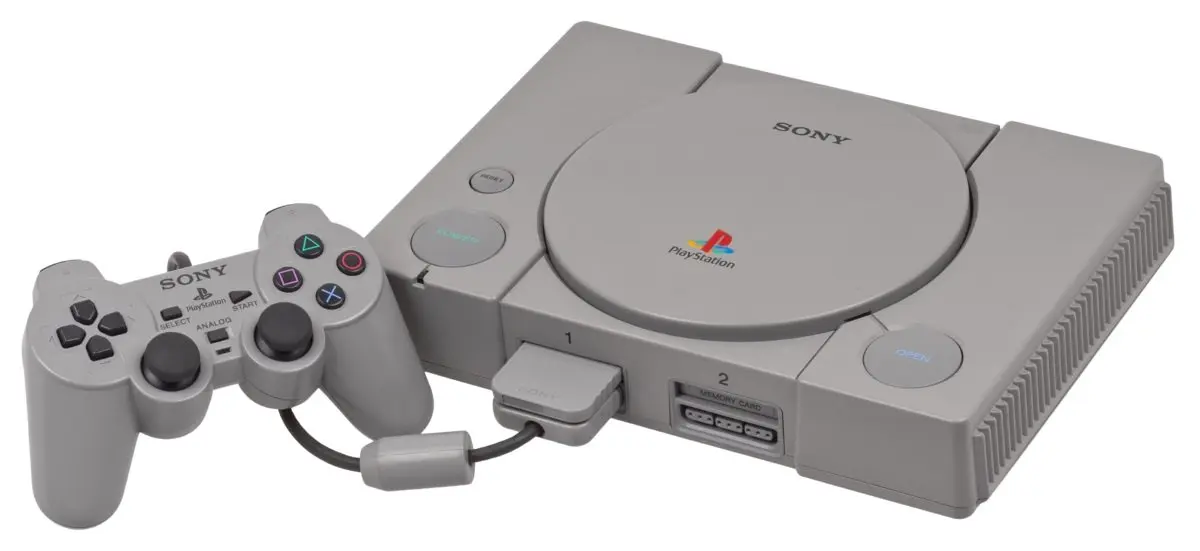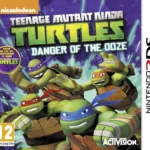PlayStation 1: A Class of Its Own – The Gaming Revolution That Shaped an Era!
Ah, the PlayStation 1! Remember those days when popping in a disc and immersing yourself in pixelated adventures felt like the greatest escape? The PlayStation 1 marked a groundbreaking moment in gaming history. As the first computer entertainment platform to sell over 100 million units, it undoubtedly secured its spot as one of the most influential consoles ever! This was more than just a gaming system; it was the dawn of a new era in digital entertainment. But why was it so great? Was it just nostalgia, or did Sony really craft the best console ever? Let’s dive into this incredible journey and find out!
The Birth of the PlayStation 1: A New Gaming Era
Overview of the Gaming Industry Before PS1
Oh man, before the PlayStation 1 burst onto the scene, gaming was a whole different ball game. I remember growing up, Nintendo and Sega were the top dogs, and they'd been duking it out for years with their 16-bit consoles. The SNES and Sega Genesis were all the rage, but honestly, they were starting to feel kind of… samey. Their reliance on cartridges felt like it was holding us back from the future we'd seen hinted at in tech magazines.
Sony’s Strategic Entry and Innovation in Gaming
Then came Sony, the newcomer that totally rewrote the rules. Sony wasn’t even in the gaming business; they were known for their Walkmans and TVs. But wow, did they nail it with the PlayStation. A buddy of mine told me they initially teamed up with Nintendo to create a CD-based add-on for the SNES. That partnership fizzled out, and rather than pulling the plug, Sony went "Let’s do it ourselves." They were like, "Why don't we make a console that not only looks good but also packs a technological punch?" And they definitely did.
Initial Reception and Market Impact
When PS1 finally hit the shelves in '94 (or '95 where I was), oh boy, it was like Christmas for gamers. Compared to those old-school consoles, the PS1 felt futuristic, especially with that sleek gray design. Even though some folks thought Sony was biting off more than they could chew, others were psyched about what they were doing. Honestly, I think that’s what set PS1 apart—it wasn’t just about playing games. It was about innovation and the experience. The market impact was massive, and it didn’t take long for the PS1 to become a household name.
Features that Set PlayStation 1 Apart
Unique Design and Technical Specifications
Design-wise, the PS1 was seriously cool. It was compact, sleek, and didn’t look like a kids’ toy. It had 32-bit processing power, which was kind of mind-blowing back then. I vividly remember my older cousin going on about the graphics and speed—he was a tech geek ahead of his time. That CD-ROM drive was a game changer too, letting developers stuff more content onto a disc than a cartridge ever could. It's wild thinking about it now, but back then, this was cutting-edge tech.
Introduction of 3D Graphics and CD-ROM Technology
One thing that rocked my socks off was the introduction of 3D graphics. We'd been playing with 2D sprites forever, and then suddenly, characters could move in three full dimensions. It was literally bringing games to life in a whole new way. The CD-ROM technology not only expanded game possibilities but also brought us full-motion videos with actual narratives to follow.
The Iconic Controller and DualShock Evolution
And who could forget the iconic PS1 controller? It fit like a glove with its ergonomic design. Sony kept innovating too, and then introduced the DualShock—it was revolutionary, dude. Feeling the rumble when a bomb went off in-game, it added a whole new layer of immersion. I remember jumping with every rumble at first.
Sales Milestones and Global Success
Breaking the 100 Million Units Barrier
So, fast forward a bit, and the PlayStation 1 went on to crush it, selling over 100 million units. That milestone was nuts, and it just showed how huge the gaming audience had become. It definitely wasn’t niche anymore.
Regional Popularity and Global Distribution Strategy
Regionally, it was fascinating to see its popularity skyrocket. In America, it became a symbol of cool tech, while in Japan, it was all about innovation. Sony’s global distribution strategy was on point, making sure games and consoles were readily available across the globe. Everybody could get in on the action.
How It Outpaced Competitors Like Sega Saturn and Nintendo 64
We can’t forget about how it smoked the competition too. The Saturn and N64 were technically strong, but they couldn’t match up to PS1's library or third-party developer support. Sony swooped in and capitalized on what their competitors were lacking, especially in terms of game diversity and quality.
Iconic Games That Defined a Generation
Influential Titles Like Final Fantasy VII, Metal Gear Solid, and Resident Evil
And the games? Oh man, the games. Final Fantasy VII, Metal Gear Solid, and Resident Evil—these titles didn’t just raise the bar; they catapulted it into the stratosphere. I remember the first time playing FFVII, absolutely blown away by the storyline and these, like, epic cutscenes.
Cult Classics and Hidden Gems
There were so many cult classics too—stuff like Silent Hill and Spyro the Dragon. Not everything was a mega-hit, but there were so many hidden gems that had people buzzing. The diversity of the catalog meant there was something for everyone.
Impact of Third-Party Developers
Third-party developers played a huge role in PS1’s success. Companies like Square and Konami brought fresh ideas and pushed boundaries, allowing the PS1 to stand out in ways the competition couldn't keep up with.
PlayStation 1’s Legacy: More Than Just Nostalgia
Influence on Subsequent Gaming Consoles
The PS1 was more than just a collection of circuits and pixels—it reshaped the industry. Later consoles took many cues from the PS1, from design to game creation standards.
Role in the Evolution of Video Game Storytelling and Graphics
Its role in storytelling evolution was something special too. It was a console that made you think about games as narratives, not just mindless entertainment. Graphics took a leap forward, setting the stage for the immersive experiences we expect today.
Contributions to Gaming Culture and Community
And let’s not overlook the community it built. The conversations, fan theories, and shared experiences—it was all community-driven, moving beyond single-player experiences to connect gamers worldwide.
Is PlayStation 1 the Best Console Ever?
Arguments Supporting Its Legendary Status
So, is the PS1 the best console ever? It’s tough to say definitively, but there’s a solid argument. Its revolutionary tech, groundbreaking titles, and overall impact on gaming culture certainly make a strong case.
Comparative Analysis With Other Iconic Consoles
Comparatively, when you look at other classics like the SNES or Xbox, each had its merits. But none of them seemed to capture a cultural shift in the same way. The PS1 didn't just offer new games; it offered new ways to play and think about games.
Gamers' Opinions and Nostalgic Sentiments
Ask any gamer from that era, and they'll probably get a little misty-eyed about the PS1. Nostalgia is a powerful thing, but it’s backed up by substance in this case. No matter where you stand, there's no denying the PlayStation 1 wasn’t just a console—it was a revolution.
Conclusion
As we unravel the legend that is the PlayStation 1, it's clear that this console was more than just a piece of plastic with circuits. It was a phenomenon that defined a generation, reshaped the gaming landscape, and set the stage for all future consoles. Whether you're a long-time fan reminiscing about childhood adventures or a modern gamer curious about the roots of console gaming, the PlayStation 1 holds a special place in every gamer's heart. It wasn't just gaming; it was an experience—a class of its own! Now, why not dust off those old discs and relive some classic moments?



